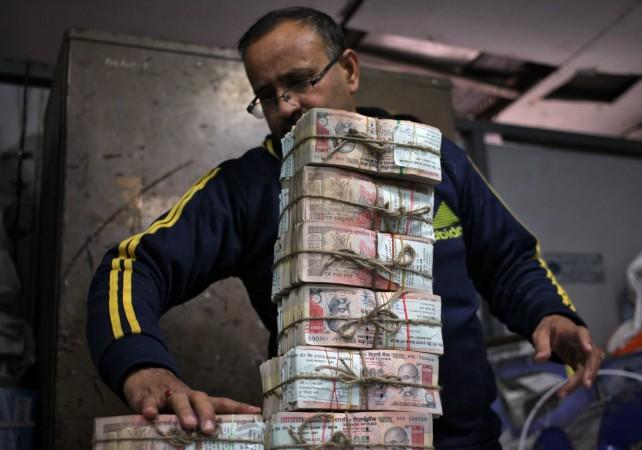
As the Income Tax Department cracks the whip on bank officials, many of whom are being investigated for fraudulent activities involving money laundering, data suggests that they account for more than 50 percent of public servants penalised by vigilance officers over the past five years.
Between 2011 and 2015, as many as 3,100 bank officials were fired, according to data collected by the Central Vigilance Commission. This means that on an average, three public sector bank officials were sacked and six more demoted every two days. Public sector banks have about eight lakh employees on their rolls.
"We are ashamed of this. But the percentage of the number of employees sacked is a miniscule percentage of the total bank employees. There is, however, no justification for corruption and a corrupt officer should be taken to task," CH Venkatachalam, general secretary of the All India Bank Employees' Association, was quoted as saying by the Hindustan Times.
Bankers are pivotal in implementation of the Narendra Modi government's November 8 decision to demonetise high-value currency notes of Rs 500 and Rs 1,000. Bank notes in these two denominations made up for 86 percent of the Indian currency.
However, seizures of new currency notes suggest that bankers have also been involved in dubious and nefarious activities that supported money laundering.
For instance, in one of the largest seizures by the Income Tax Department since the demonetisation, around Rs 40 crore worth of soiled notes of Rs 500 and Rs 1,000 denomination were recovered from the Kashmere Gate branch of Axis Bank in New Delhi.
And more recently, an RBI official and his accomplices were arrested for his apparent role in money laundering. But Venkatachalam said bankers will be blamed for everything under the sun today, but the onus should not be on them alone.
"They probably are being used as scapegoats and someone such as the CBI needs to probe deeper," he said.








